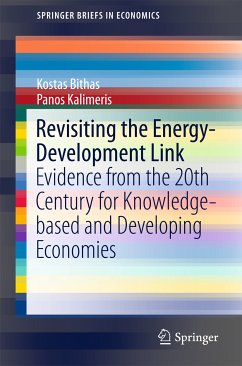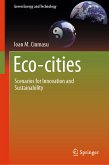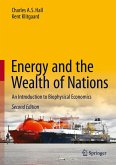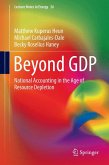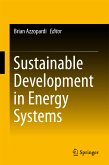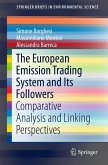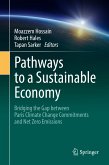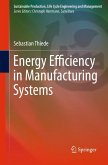Unravelling the intricate relationship between economic development and energy consumption, this book proposes an innovative framework for the empirical investigation of the link between the economy and natural resources. It proposes a novel set of indicators to shed light on those aspects of the economic process and development that determine their requirements in terms of natural resources. Employing updated databases, this book presents tables and diagrams to compare the conventional and the new estimates of the linkage between energy and economic development (Energy Intensity) throughout the world, over the last 100 years.
Whereas estimates based on the established framework for evaluating the link between energy resources and the economy indicate a strong decoupling trend, the new indicators follow substantially different paths which suggest a strong coupling between economic growth and energy use. These differences -which call into question the prevailing opinion of decoupling- are fundamental for the prospects of sustainability.
This book provides a valuable resource for economists, energy and environmental analysts, natural resource managers and policy makers. It is also intended for students of ecological economics, sustainability studies, natural resource and energy economics.
Whereas estimates based on the established framework for evaluating the link between energy resources and the economy indicate a strong decoupling trend, the new indicators follow substantially different paths which suggest a strong coupling between economic growth and energy use. These differences -which call into question the prevailing opinion of decoupling- are fundamental for the prospects of sustainability.
This book provides a valuable resource for economists, energy and environmental analysts, natural resource managers and policy makers. It is also intended for students of ecological economics, sustainability studies, natural resource and energy economics.
Dieser Download kann aus rechtlichen Gründen nur mit Rechnungsadresse in A, B, BG, CY, CZ, D, DK, EW, E, FIN, F, GR, HR, H, IRL, I, LT, L, LR, M, NL, PL, P, R, S, SLO, SK ausgeliefert werden.

